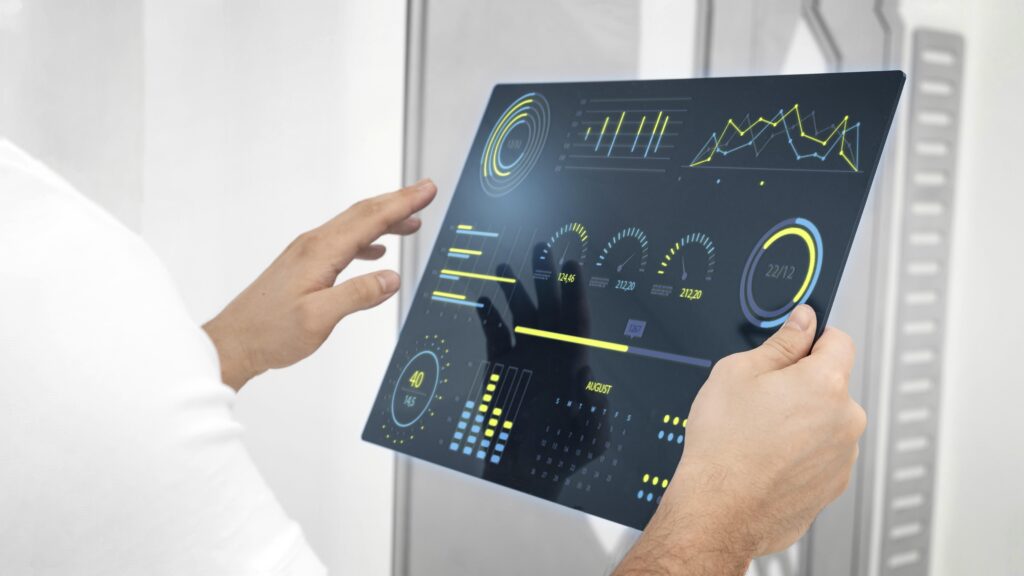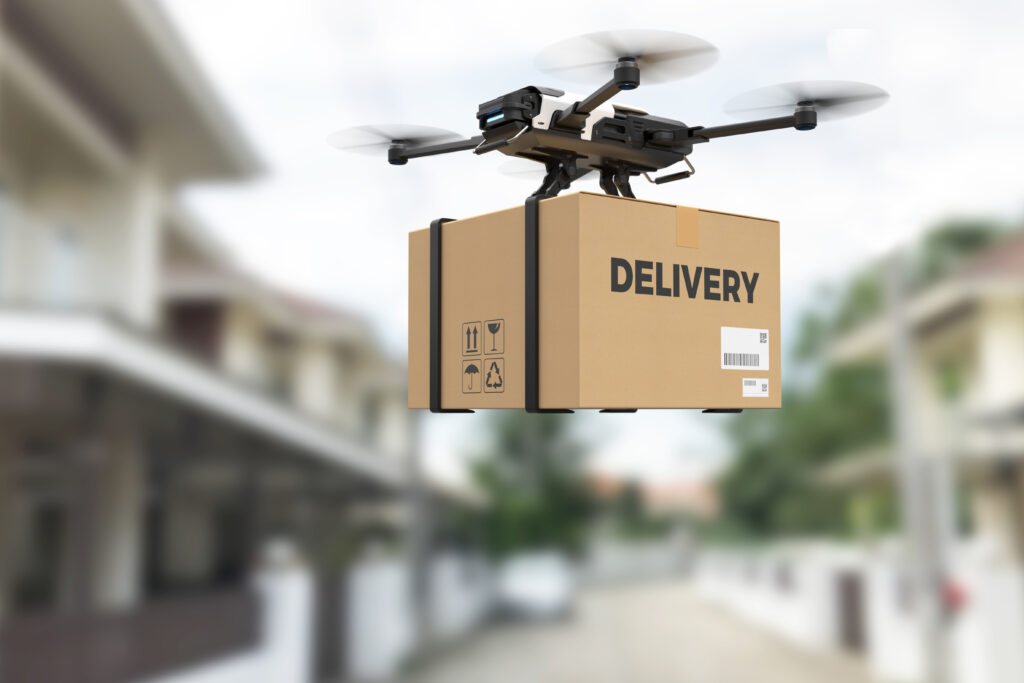In recent years, the logistics industry has undergone a dramatic transformation with the advent of cutting-edge technologies and digital innovations. This paradigm shift is commonly referred to as Logistics 4.0. Embracing this revolution, companies are now reimagining their supply chains, leveraging advanced technologies to enhance efficiency, reduce costs, and deliver a seamless customer experience. In this blog post, we will explore the key aspects of Logistics 4.0 and its impact on the modern supply chain landscape.
What is Logistics 4.0?
Logistics 4.0 is the latest iteration of the logistics industry, driven by the integration of digital technologies and automation. It marks a significant departure from traditional supply chain practices, making processes more efficient, agile, and customer-centric. The core idea is to optimize the entire supply chain ecosystem by employing emerging technologies to improve transparency, streamline operations, and enhance decision-making processes.
![]()
Digitalization
At the heart of Logistics 4.0 is the concept of digitalization. From inventory management to order processing, digitalization digitizes and centralizes data, providing real-time visibility across the supply chain. This enables logistics managers to make informed decisions, identify bottlenecks, and optimize processes, ultimately leading to cost reductions and improved customer satisfaction.
Connectivity and Integration
In Logistics 4.0, connectivity and integration play a crucial role. By connecting various stakeholders and systems within the supply chain, companies can streamline communication and collaboration. This interconnectedness enables seamless data flow, enabling a comprehensive overview of the entire supply chain, from raw materials sourcing to final product delivery.
Data Analytics and Predictive Analytics
The abundance of data generated in the modern supply chain offers immense potential for improvement. Data analytics and predictive analytics help to extract valuable insights from this data, enabling businesses to anticipate demand patterns, optimize inventory levels, and predict potential disruptions. This data-driven approach empowers logistics managers to proactively address challenges and minimize downtime.

Automation and Robotics
Automation and robotics have become pivotal in transforming logistics operations. From automated warehouses to robotic process automation (RPA), these technologies reduce human intervention, enhance efficiency, and mitigate the risk of errors. Automated systems can handle repetitive tasks with precision and speed, enabling employees to focus on strategic decision-making and value-added activities.
Autonomous Vehicles and Drones
Autonomous vehicles and drones are revolutionizing last-mile delivery and transportation. These cutting-edge technologies offer faster and more cost-effective delivery options, particularly in hard-to-reach or congested areas. Embracing autonomous vehicles and drones not only reduces delivery times but also lessens the environmental impact of transportation.

Blockchain Technology
Blockchain technology is disrupting the logistics industry by providing a secure, transparent, and immutable system for tracking goods and transactions. Through smart contracts and decentralized ledgers, supply chain stakeholders can verify the origin of products, track movements, and ensure compliance with regulatory standards. This enhanced traceability fosters trust and integrity throughout the supply chain.
Customer-Centricity and Personalization
In Logistics 4.0, customer-centricity takes center stage. With the help of data analytics and predictive modeling, companies can understand customer preferences, behavior, and demands more accurately. Personalized logistics solutions, such as flexible delivery options and real-time tracking, enable businesses to offer a superior customer experience, enhancing brand loyalty and customer satisfaction.
Conclusion
Logistics 4.0 represents a paradigm shift that is reshaping the logistics industry, elevating supply chains to new heights of efficiency, transparency, and customer-centricity. As companies embrace digitalization, automation, data analytics, and emerging technologies like blockchain, they gain a competitive advantage in the modern business landscape. By staying at the forefront of these technological advancements, businesses can unlock untapped potentials, drive innovation, and pave the way for a more sustainable and resilient future. The era of Logistics 4.0 is here, and it is time for companies to embrace this transformative journey to thrive in the global marketplace.





